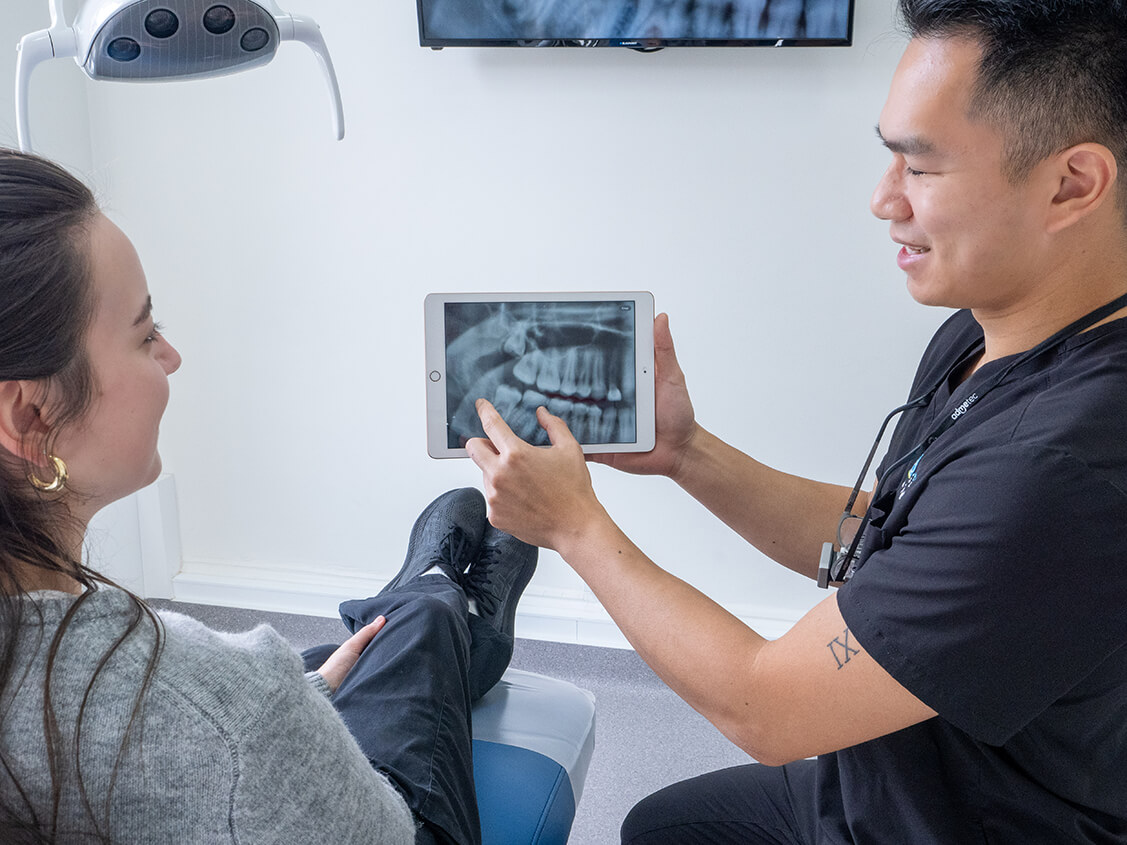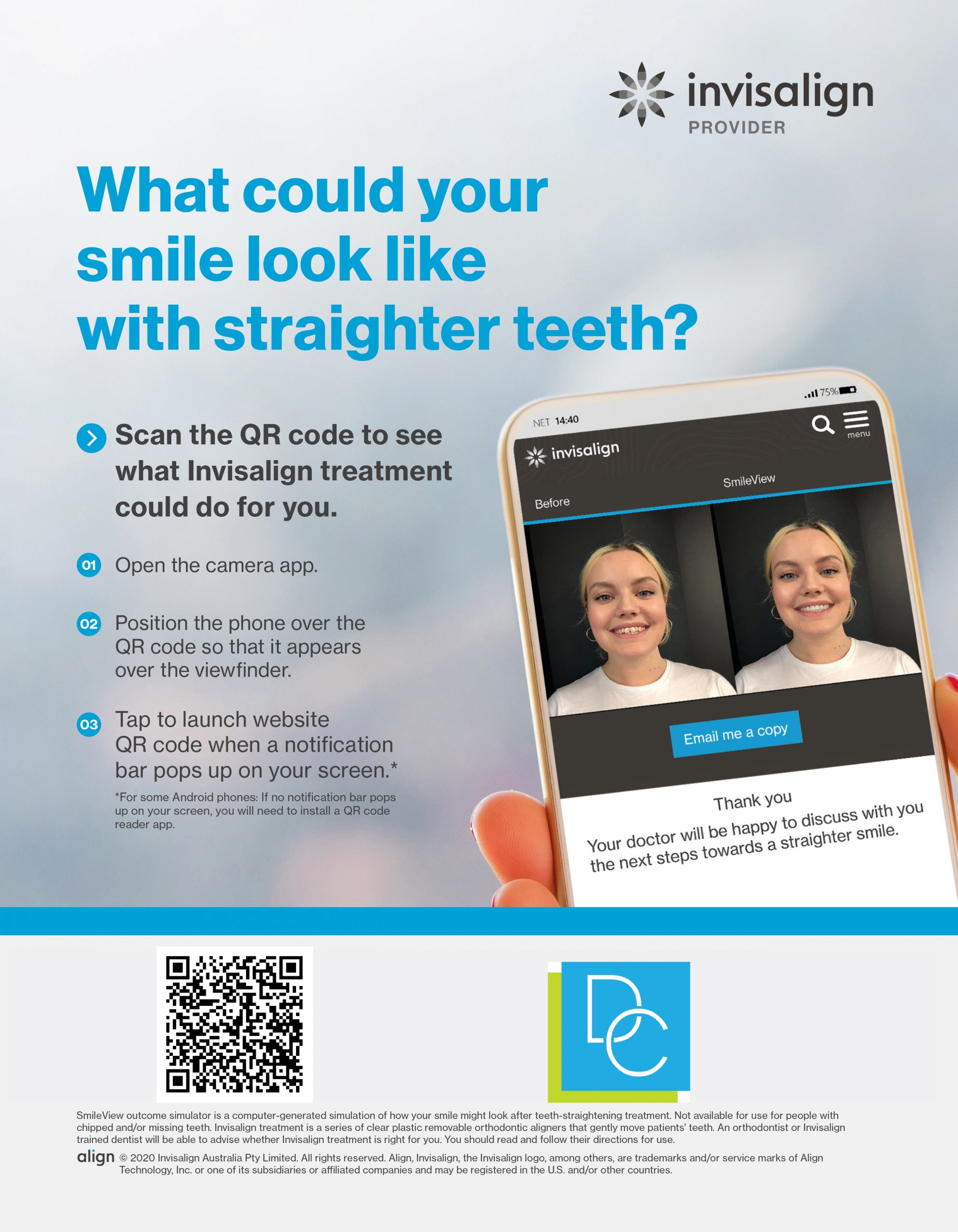- December 2024
- November 2024
- October 2024
- December 2023
- April 2022
- March 2022
- February 2022
- January 2022
- November 2021
- October 2021
- September 2021
- August 2021
- July 2021
- January 2021
- December 2020
- November 2020
- October 2020
- September 2020
- August 2020
- July 2020
- June 2020
- May 2020
- April 2020
- March 2020
- February 2020
- January 2020
- December 2019
- August 2019
- July 2019
- June 2019
- May 2019
- April 2019
- March 2019
- February 2019
- January 2019
- December 2018
- November 2018
- October 2018
- September 2018
- August 2018
- July 2018
- May 2018
- April 2018
- March 2018
- February 2018
- January 2018
- November 2017
- October 2017
- September 2017
- August 2017
- July 2017
- June 2017
- April 2017
- March 2017
- January 2017
- October 2016
- October 2015
- September 2015
- August 2015
Symptoms of Wisdom Tooth Pressing on a Nerve
17 December,2024Wisdom teeth, also known as third molars, often erupt during late adolescence or early adulthood. While some individuals experience no issues with their wisdom teeth, others may encounter significant discomfort, particularly if the tooth impacts a nearby nerve. When a wisdom tooth presses on a nerve, it can lead to a range of symptoms that affect oral and overall health. Understanding these symptoms is crucial for seeking timely dental care and preventing further complications.
What Causes a Wisdom Tooth to Press on a Nerve?
Wisdom teeth often erupt in a confined space, leading to impaction. This occurs when the tooth does not have enough room to emerge properly, causing it to press against adjacent teeth or nerves. The inferior alveolar nerve, which runs through the lower jaw, is most commonly affected. Pressure on this nerve can result from:
- Impaction: The wisdom tooth grows at an angle and presses on the nerve.
- Cysts or Tumours: These may form around the impacted tooth, adding pressure to the nerve.
- Bone Structure Issues: Dense or misaligned jawbones can increase the likelihood of nerve compression.
Common Symptoms of a Wisdom Tooth Pressing on a Nerve
- Numbness and Tingling
Where: The lower jaw, tongue, lips, or chin.
Why: Compression of the inferior alveolar nerve can interrupt normal nerve function, leading to sensations of numbness or tingling in the affected areas.
- Sharp or Radiating Pain
Where: The jaw, ear, or neck.
Why: The pressure on the nerve can cause sharp, shooting pain that radiates from the tooth to surrounding regions. Pain may intensify when chewing or opening the mouth.
- Difficulty Opening the Mouth (Trismus)
Where: Nerve irritation can lead to inflammation of the surrounding tissues, restricting jaw movement.
Why: Difficulty in opening the mouth fully can affect eating and speaking.
- Swelling and Inflammation
Where: The gums or jaw near the impacted wisdom tooth.
Why: The pressure on the nerve can trigger localised swelling, which may worsen with time if untreated.
- Changes in Sensation
Where: Loss of sensation, hypersensitivity, or unusual sensations in the jaw or lower face.
Why: The nerve’s ability to send signals may be disrupted by the constant pressure.
- Headaches
Where: The tension from nerve compression can extend to surrounding muscles, causing persistent headaches.
Why: These headaches may be more prominent on the side of the impacted tooth.
- Toothache That Doesn’t Subside
Where: Constant nerve irritation can lead to an ongoing, dull ache in the wisdom tooth area, even when not chewing.
When to See a Dentist
It is essential to consult a dentist or oral surgeon if you experience any of the above symptoms, especially if they persist or worsen. Delayed treatment can lead to:
- Permanent nerve damage
- Development of abscesses
- Increased risk of infection spreading to other parts of the body
Diagnosis and Treatment Options
Diagnosis
- Dental X-rays: Help identify the position of the wisdom tooth and its relationship to the nerve.
- CT Scans: Provide a detailed view of the tooth’s impact on the nerve.
Treatment Options
- Extraction: Removing the impacted wisdom tooth is often the most effective solution.
- Surgical Intervention: For complex cases where the nerve is severely compressed, specialised surgical techniques may be required to relieve pressure.
- Medications: Anti-inflammatory drugs and pain relievers can help manage symptoms temporarily.
- Physical Therapy: Exercises to improve jaw mobility may be recommended post-surgery.
Preventing Complications
While it may not be possible to prevent wisdom teeth from pressing on a nerve entirely, early detection and monitoring can help minimise complications. Follow these tips:
- Regular Dental Check-ups: Routine examinations and X-rays can help identify potential issues before symptoms arise.
- Good Oral Hygiene: Keeping the wisdom tooth area clean can reduce the risk of infection and inflammation.
- Timely Removal: If your dentist identifies potential impaction early, proactive extraction can prevent nerve compression.
Conclusion
A wisdom tooth pressing on a nerve can lead to significant discomfort and complications if not addressed promptly. Recognising the symptoms and seeking early intervention are critical to preserving oral and overall health. If you suspect your wisdom tooth may be impacting a nerve, consult with a dental professional immediately. They can provide a tailored treatment plan to alleviate symptoms and prevent further damage.
For expert care, consider scheduling a consultation with your local dentist or oral surgeon to evaluate your wisdom teeth and ensure optimal dental health. Visit [Dental on Clarendon](https://dentalonclarendon.com.au/) for professional advice and treatment options tailored to your needs.
Reference:
Australian Dental Association (ADA) - Wisdom Teeth Guidelines: https://www.ada.org.au/


